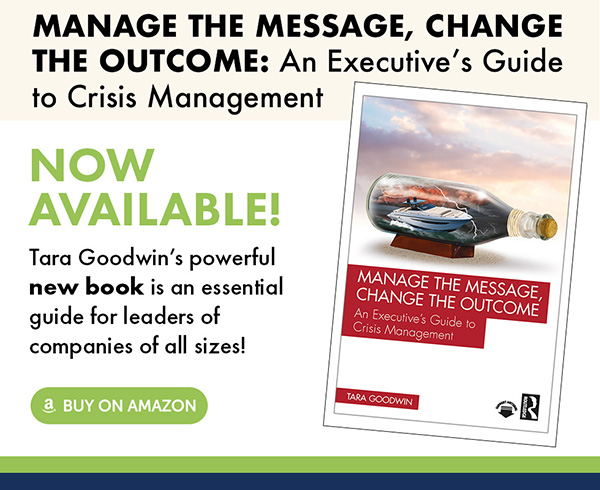The technology that enables us to connect with one another these days is incredible, but there’s nothing that replaces being there.
Fundraisers, events, and some business offerings rely on the personal touch that comes from being together in one room, and no matter how hard you try, it’s impossible to truly replicate that human connection through a screen.
This year, tens of thousands of in-person events have been canceled, delayed, or postponed indefinitely. In many cases, companies and organizations have decided to wait until the pandemic has abated. And although a vaccine is on the horizon, it’s likely that we’re going to face many more months of the status quo.
But don’t rule out live events for next year just yet. They might be possible, with some forethought, planning, communication—and a sound contingency strategy.
Ask What’s Possible
You never know until you ask. Instead of assuming that in-person events are a non-starter, check with your state’s directives, the local boards of health and other officials to find out if events are feasible in your area. If you build a good relationship with decision-makers, they may be willing to work with you on your event.
Outdoor events are the best bet whenever possible. Social-distance-friendly options like golf tournaments, hikes, or drive-in movies are lower-risk than ballroom galas and can offer attendees a novel, exciting experience. Many people are itching to get out of the house and shake up their usual routine!
When talking to local officials or decision makers, be sure to highlight the purpose and meaning of your event in your conversations. Make sure you bring a collaborative spirit to inquiries, conversations, and requests and demonstrate a willingness to work with them (reduce the number of participants, modify check-in procedures, engage in temperature checks, have participants sign waivers, offer prepackaged food items to replace buffets, etc.).
Safety First
Any successful event must make safety of participants the #1 priority. While we’ve learned from the alarming spread of COVID that no one is truly safe anytime they step out of their house; it is critical that you do everything in your power to keep attendees, staff and sponsors as safe as possible. Everyone involved should feel confident that they can participate in your event without undue risk.
Here are several safety considerations that must be addressed when you’re planning your event (assuming you have the green light from the proper officials).
- Social Distancing. Plan your event to be socially distant and then some. Give every chair or table at least 6 feet of space. If needed, rope off certain areas, put tape on the floor, or have staff stationed at key locations to remind attendees to comply with regulations.
- Personal Protective Equipment (PPE). Masks will likely be mandatory at your event. Plan on providing them even if people choose to wear their own. Let them know where or if they can be removed (private table, outdoors if social distancing measures are followed, etc.)
- Screenings. Temperature checks, screening questions, and waivers should be part of your event check-in.
- Security. You may consider engaging a security team to manage event flow and enforce safety measures.
- Signage. Post signage throughout the venue reminding people of protocols (masks, social distancing, no congregating at the bar area, etc.)
All protocols should be well-documented and airtight. Double (and triple) check everything in advance, and make sure there’s at least one point person who can address any last-minute concerns that arise. Enforce your policies to the letter; doing so builds trust and helps attendees feel as safe as possible during your event.
Contingency Planning
Any event planned for the new year should have a strong “Plan B” lined up and ready to go. If your in-person event is cancelled, you need to be prepared with an alternative.
Make sure any venue (and ideally vendor) contracts include a cancellation clause. If you can’t get the requisite number of attendees to be profitable, you may need to cancel or postpone the event. If you host an annual winter event, consider rescheduling for spring or summer, when outdoor events are more feasible.
In some cases, an online setting may be the only option. If you haven’t thought about how your event(s) can be adapted to a virtual format, now is the time to plan. Even if we return to “business as usual” sooner than anticipated, virtual events, including workshops, keynote addresses, fundraisers and conferences will still be part of our new reality.
Remember, even if your in-person event gets totally derailed, you can still stay connected to customers and clients.
Creativity, flexibility, and a healthy dose of optimism win the day right now. If you’d like assistance reimagining or planning your next in-person event, be sure to connect with me. Maybe we’ll even grab a socially distant coffee!


